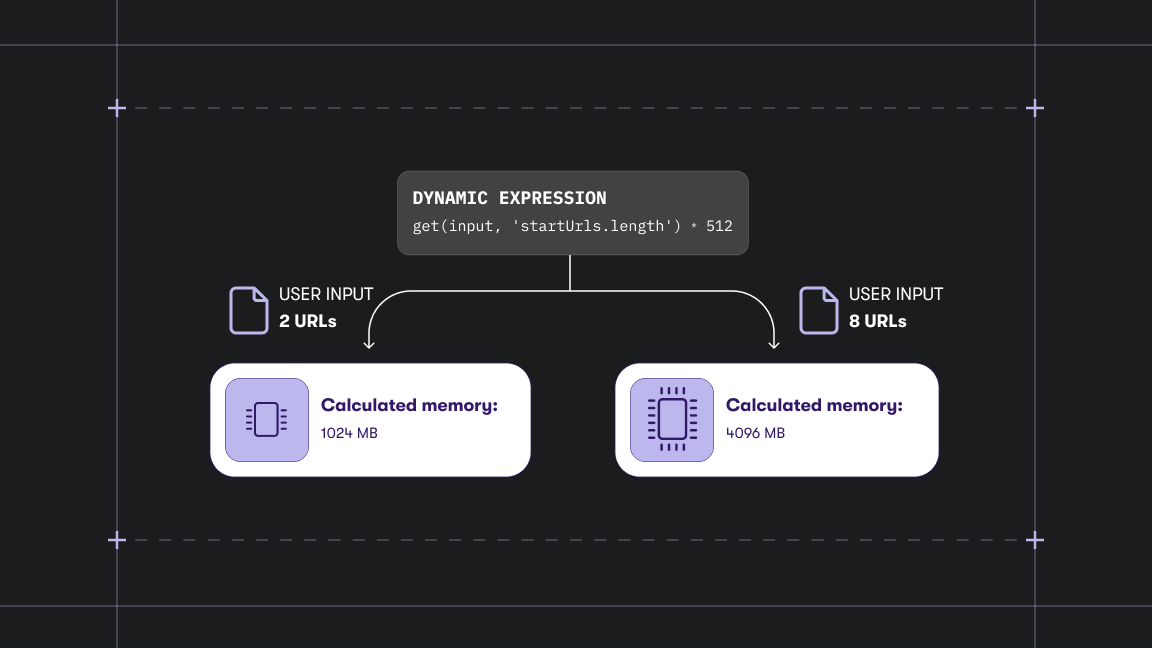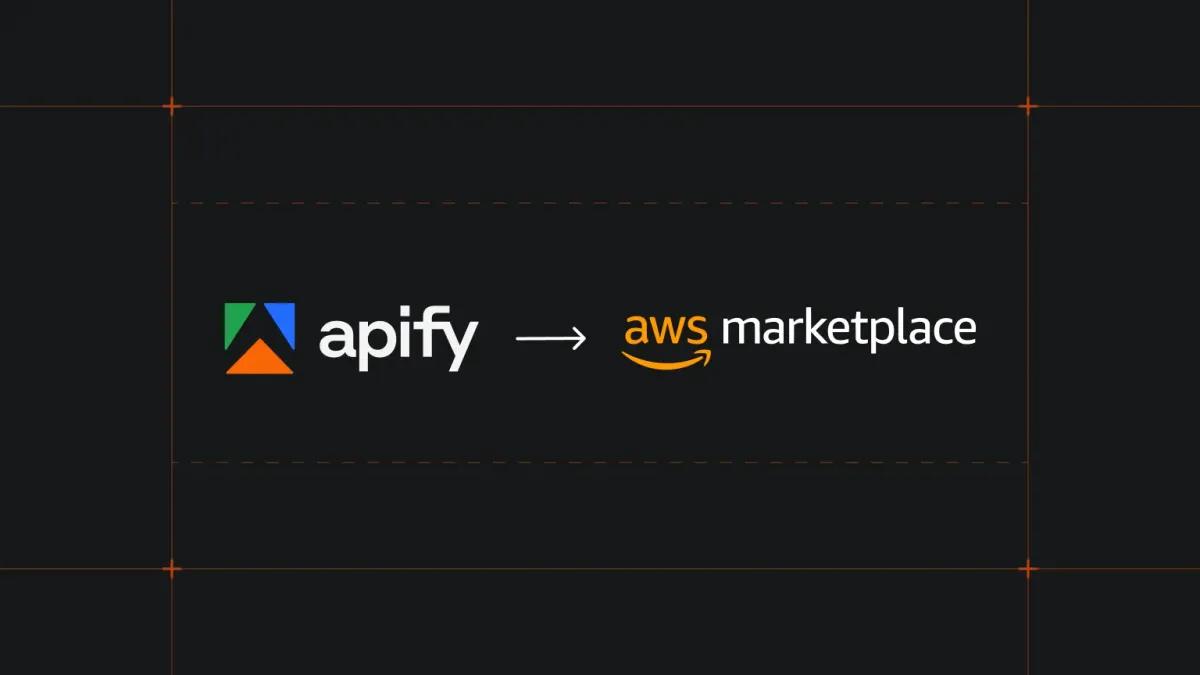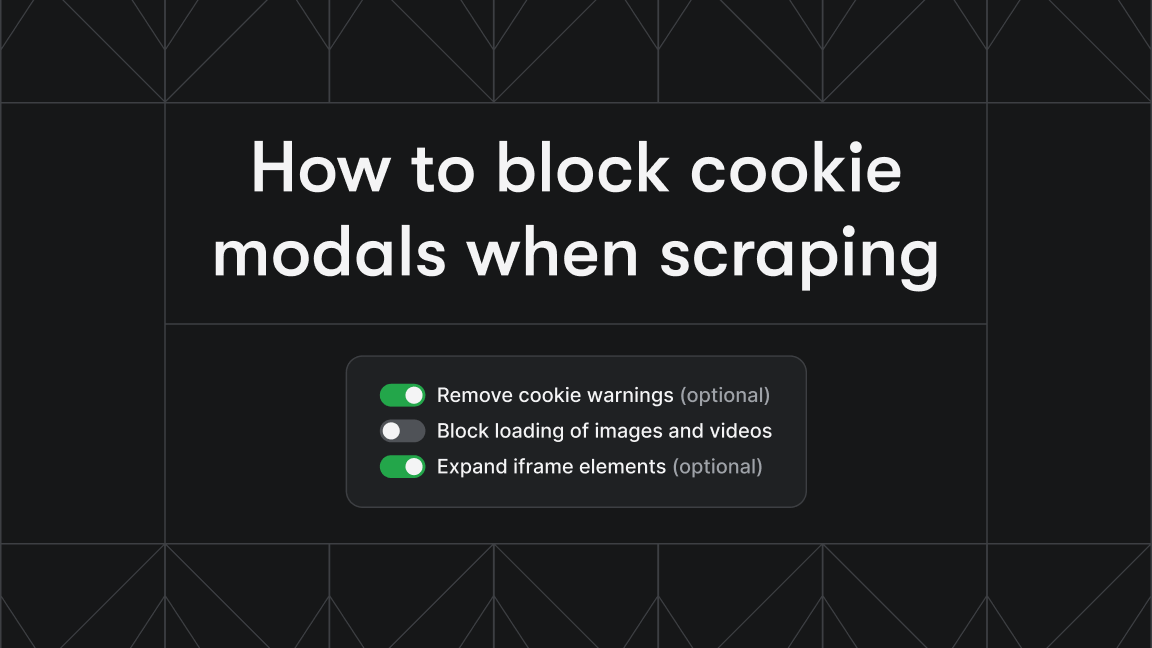For some time, we've been taking feedback from our community, and now we're happy to announce Apify CLI v1! This new major release makes Apify CLI smaller and faster and provides bundles powered by Bun (more details below).
About Apify CLI
Apify offers two ways to develop Actors:
- 1) With an online IDE in Apify Console, perfect for edits and improvements.
- 2) Locally, on your computer. With Apify CLI, you can easily create a new Actor, run it on your computer, and push it to Apify Console when ready.
So, what’s new?
The main difference is that we started using Bun to build Apify CLI bundles. The reasoning behind this is that we can ship one binary file to users. It results in a straightforward installation process, where you don't need Node.js to run the Apify CLI.
Another change is that the apify run command runs by default with the --purge flag. It clears all results from previous runs, so it's as if you're running the Actor for the first time. If you do not want this behavior, you need to use the --no-purge/--resurrect flag.
And one more thing: once you have Apify CLI v1, you can use the apify upgrade command to update the CLI to newer versions.
How to use the Apify CLI
The following steps will help you get started.
1. Installation
You can install the Apify CLI by using installation scripts.
- MacOS / Unix
curl -fsSL https://apify.com/install-cli.sh | bash
- Windows
irm apify.com/install-cli.ps1 | iex2. Create your Actor
Run the following command in your terminal. It will guide you step by step through the creation process.
apify createYou can create the Actor directly by choosing from Actor templates:
apify create your-actor -t3. Run your Actor
Once the Actor is initialized, you can run it with this command:
apify run4. Push your Actor
Once you're ready, you can push your Actor to Apify Console, where you can schedule runs or make the Actor public for other developers and earn passive income.
5. Log in to Apify Console
apify login6. Push to Apify Console
apify pushWe love feedback
If you jump into any issues while using the Apify CLI, let us know! You can do it on Discord, or you can simply open an issue in the GitHub repository.
If you want to learn more about the Apify CLI, the best way is to check the documentation.








